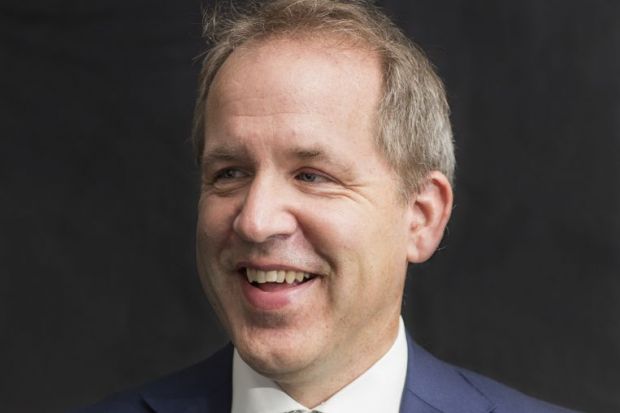The University of Manchester has appointed Duncan Ivison as its next president and vice-chancellor.
Professor Ivison will join Manchester from the University of Sydney, where he was most recently deputy vice-chancellor (research). He will succeed Dame Nancy Rothwell when she steps down in summer 2024, at the end of a 14-year term.
Professor Ivison, a professor of political philosophy, previously served as Sydney’s dean of the Faculty of Arts and Social Sciences, and head of the School of Philosophical and Historical Inquiry.
Having studied at McGill University and the London School of Economics, he has also held academic posts at the University of Toronto, University of York and Australian National University.
Professor Ivison said it was an “extraordinary honour” to join Manchester as it entered its third century.
“The university is a research and teaching powerhouse, but also an institution – like the city itself – with true heart and soul,” he said. “What inspires me about the university community is not only their deep commitment to excellence, but also their passion for social responsibility and civic engagement.
“The scale and urgency of the challenges that our city, our region, and our world faces, requires universities like ours to harness our resources for the public good in new and innovative ways, and as never before. This has been a central part of the university’s mission since it was founded, and I look forward to working with our staff, students, alumni, and partners to continue to build on this remarkable legacy for the future.”
Professor Ivison becomes the latest Australian sector leader to make the move to an institution in the UK’s Russell Group, with former Sydney vice-chancellor Michael Spence at the helm of UCL and Shitij Kapur leading King’s College London after a spell at the University of Melbourne.
Philippa Hird, chair of Manchester’s board of governors, said that Professor Ivison was an “outstanding candidate”.
“Together with a wealth of experience, Duncan brings a thoughtful and engaging approach. He has a clear sense of the future for the university and an appetite to build on all that has been created to date,” she said.
Earlier this month Dame Nancy received the Outstanding Achievement Award at the Times Higher Education Awards, highlighting her stellar achievements as a researcher, academic leader, science communicator and industry champion – and as a beacon for women in academia.




